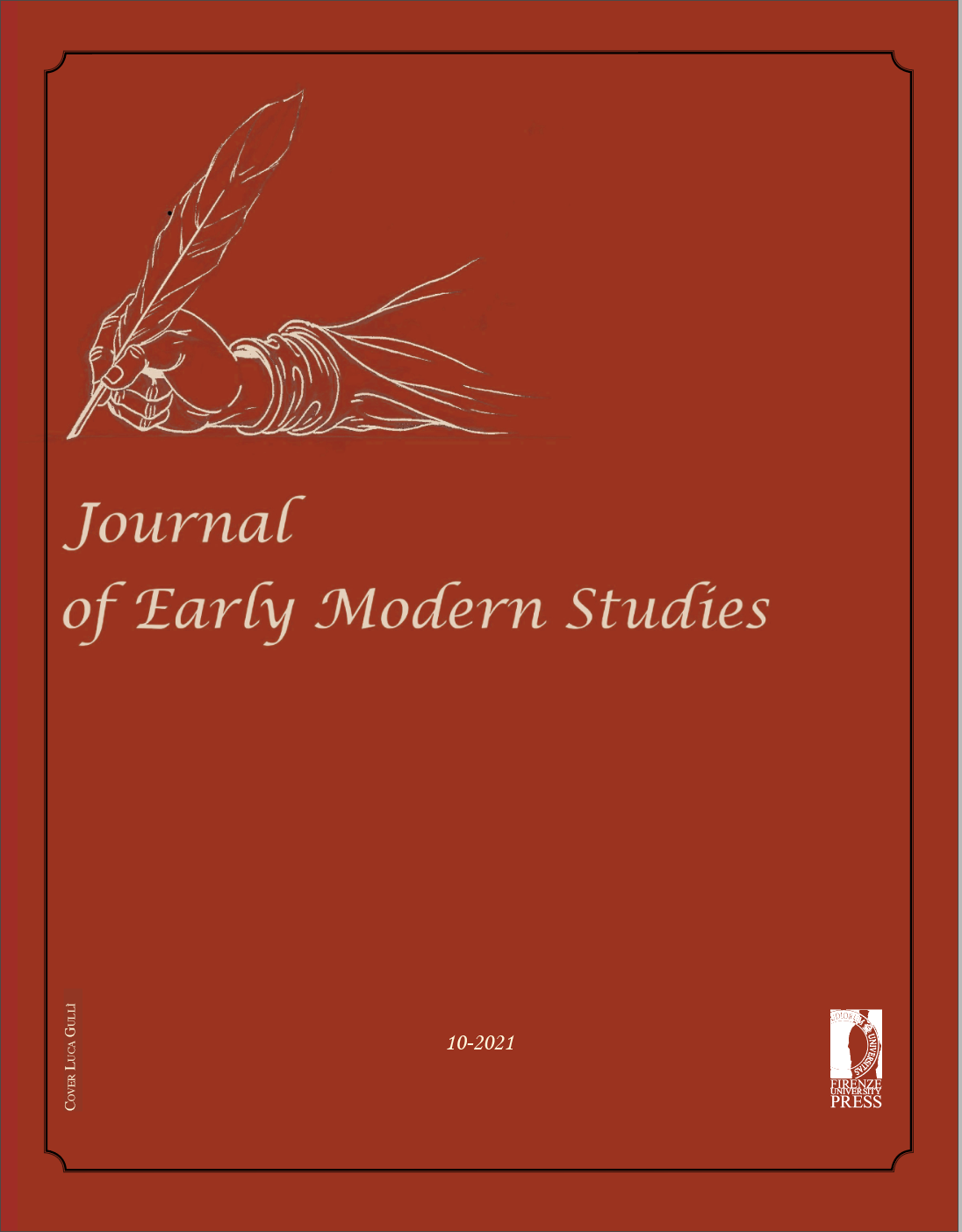Published 2021-03-15
Keywords
- Ben Jonson,
- Coney-Catching Crime,
- Female Criminality,
- The Alchemist,
- The Roaring Girl
How to Cite
Abstract
The article examines the appeal of female criminal characters in early modern English city comedies. Stage representations of urban criminals on the early modern stage reflect a cultural taste for fictionalized and sensationalized stories of criminal behavior also prevalent in the popular rogue literature of the time. This trend suggests everyday city dwellers’ collective desire to better understand and contain the growing and diversifying population of London in the early seventeenth century. Specifically, the article posits that the comedic tones and alluring nature of staged versions of female crooks mitigate the threat of criminality for readers and viewers. Focusing specifically on Ben Jonson’s Doll Common from The Alchemist and offering readings of some examples of rogue literature, the article turns to a body of research on coney-catching literature and gender to make the claim that female criminals on the early modern stage are portrayed in an affectionate way that emphasizes their sexual and emotional appeal. Their popularity speaks to both the fear of a familiar sense of danger and the thrill of experiencing the exotic in the changing early modern urban landscape.


